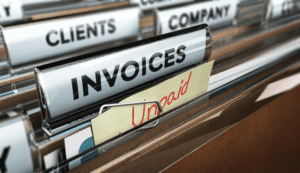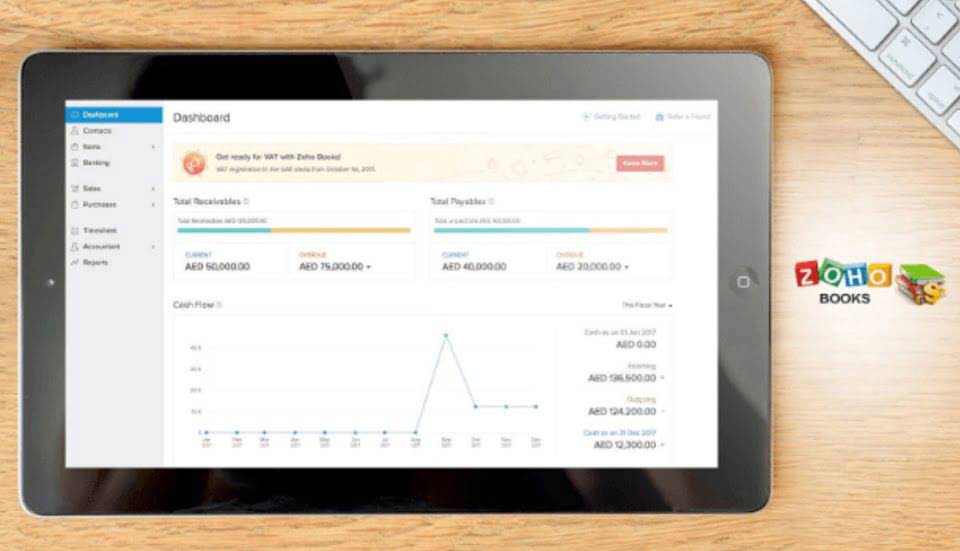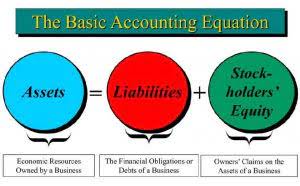
Eventually, such high quantities damage the liver, impeding its ability to produce the enzymes needed to break down alcohol. This phenomenon is known as reverse alcohol tolerance, and it can lead to alcoholics becoming drunk on tiny quantities of alcohol. Reverse alcohol tolerance is a critical state for the liver and can lead to other health complications. Because the questionnaire does not account for the complexity of dual diagnoses, it fails to identify the interplay between mental health and substance use issues, limiting its diagnostic utility in such cases. According to a report by Brown Health University, about 37% of people with alcohol use disorder (AUD) also have a serious mental health illness. Alcohol intolerance doesn’t mean you become drunk faster or after drinking less alcohol.
Military Veterans and Alcohol Use Disorder
By focusing on responses that indicate problematic use, the CAGE tool supports both healthcare professionals and individuals in recognizing the need for further evaluation. This term refers to the capacity of the body to tolerate or support large amounts of alcohol. Due to chronic and excessive consumption by alcoholics, their bodies need more ethanol to produce the same effects that a new or non-frequent drinker would feel on taking standard units of alcoholic beverages. An individual who drinks regularly may find that it takes longer for them to achieve desired effects whenever they drink.
CAGE Questionnaire: Definition, Description, Scoring, Usage, Advantages and Limitations
Acetaldehyde starts to build up in your blood and tissues, causing symptoms. People often confuse alcohol intolerance and alcohol allergy, but they aren’t the same condition. Alcohol intolerance is a problem with the how to build alcohol tolerance specific enzyme that helps your body metabolize alcohol. Even drinking a small amount of alcohol (ethanol) causes unpleasant symptoms.

How to treat alcohol intolerance
Alcohol tolerance contributes to alcohol withdrawal in the same way that it facilitates the development of dependence, since withdrawal syndrome is a manifestation of dependence. Also, its ability to predict alcohol dependency across diverse populations, including older adults and hospital patients, demonstrates its robustness. “You can become more tolerant of alcohol over time. This means when you drink, it does not seem to have the same effect, and you need to drink more to get the usual buzz,” explains Dr Fox. Once your liver function is affected, this will soon start to affect the rate at which it can metabolise other medicines, affecting your overall health and nutrition levels. Over a decade later, research is still being conducted into alcohol intolerance. It is difficult to establish a full picture of the prevalence of alcohol intolerance, though.
- The sudden development of alcohol intolerance is a common early symptom of CFS.
- Mayo Clinic on Prostate Health, 3rd Edition is an easy-to-read yet comprehensive guide to preventing, understanding, treating and living with prostate disease.
- One study found that subjects who knew they would receive money for the successful performance of a task while under the influence developed tolerance more quickly than when they did not expect a reward.
- If you have histamine intolerance, you lack a digestive enzyme called diamine oxidase, which helps your body break down excess histamine.
Oxytocin, tolerance, and the dark side of addiction
The term alcohol intolerance is used for those who cannot process alcohol in the normal way. They often have a gene that is affected that is passed down in the family. One study of 948 individuals found that 7.2% self-reported wine intolerance. The effect alcohol can have on breathing in older adults taking opioids is stark. In one small 2017 study, when participants were given 20 mg of oxycodone, the amount of air entering their lungs decreased by 28%.
Brain Res.
People of East Asian descent are more likely to have the inherited genetic mutation that causes alcohol intolerance, so they develop the condition at higher rates. But the hallmark symptom of alcohol intolerance is flushing of the skin of the chest, neck and face. Some interactions between alcohol and medication can be life-threatening. Mixing alcohol with opioids or benzodiazepines like diazepam (Valium) is one potentially deadly combination.

Rapid tolerance as an index of chronic tolerance

In the Diagnostic and Statistical Manual of Mental Disorders (DSM) and other diagnostic classification systems, tolerance is assessed by perceptions of changes in the effects of alcohol over time. Moreover, these definitions also require respondents to use their own definition of ‘effect’ or ‘intoxication’. The advantages of using the CAGE Questionnaire include its simplicity, effectiveness as a screening tool, and widespread recognition among healthcare providers.
Some thoughts about endogenous opioids and addiction

Some enzymes are present that can metabolize the substance, but at a prolonged rate, and they cannot compensate for the ADH deficiency. The difference is so dramatic that if an Asian person with ADH deficiency consumes the average amount consumed by people in the West, they might develop an alcohol flush reaction. This response causes red blotches to appear on the skin or face and back, and sometimes the whole body due to the accumulation of acetaldehyde that cannot be metabolized. Specialized Veterans treatment programs can lead to positive health outcomes for those struggling with alcohol addiction. These criticisms highlight the need for cautious interpretation when using the CAGE as a standalone tool. While the CAGE is effective for screening alcohol use disorders, it does not accurately identify problems related to other substances, limiting its utility in broader addiction assessments.
- Like our study, Chung et al. found average heavy consumption definitions had higher specificity and sensitivity for baseline AUD than change‐based definitions 5.
- There, they will perform a skin prick test, during which a drop of alcohol is applied to the surface of your skin before being pricked with a fine needle and observed for a potential reaction.
- It cannot replace full diagnostic assessments for alcohol use disorders, but it is best used as a preliminary step, guiding healthcare providers to determine whether a more comprehensive evaluation is necessary.
- The total score, ranging from 0 to 4, is used to assess the likelihood of alcohol dependency.
In adolescent treatment samples, as many as 40–50% endorsed past 12‐month tolerance (e.g. 8, 9), with similarly high endorsement of 40–50% in non‐clinical young adult populations 10, 11. In contrast, fewer than 12% endorsed tolerance in adult samples 12, 13, 14. Nonetheless, the natural development of tolerance still needs to be assessed in the context of alcohol‐related harms and risk factors to determine its significance for the individual. Moreover, defining tolerance in different ways could decrease the prevalence of tolerance in this population 5.
Other ways to get help include talking with a mental health professional or seeking help from a support group such as Alcoholics Anonymous or a similar type of self-help group. But if they start drinking at their previous levels again, alcohol-related impairments in cognition and behaviour could return – but after having smaller amounts of alcohol. These changes in tolerance reflect the brain’s desensitisation (increased tolerance) and resensitisation (reduced tolerance) to alcohol at the cellular level. In other words, if you have developed alcohol tolerance, you have to drink increasingly greater amounts of alcohol to feel the same effects you used to feel with fewer drinks.













